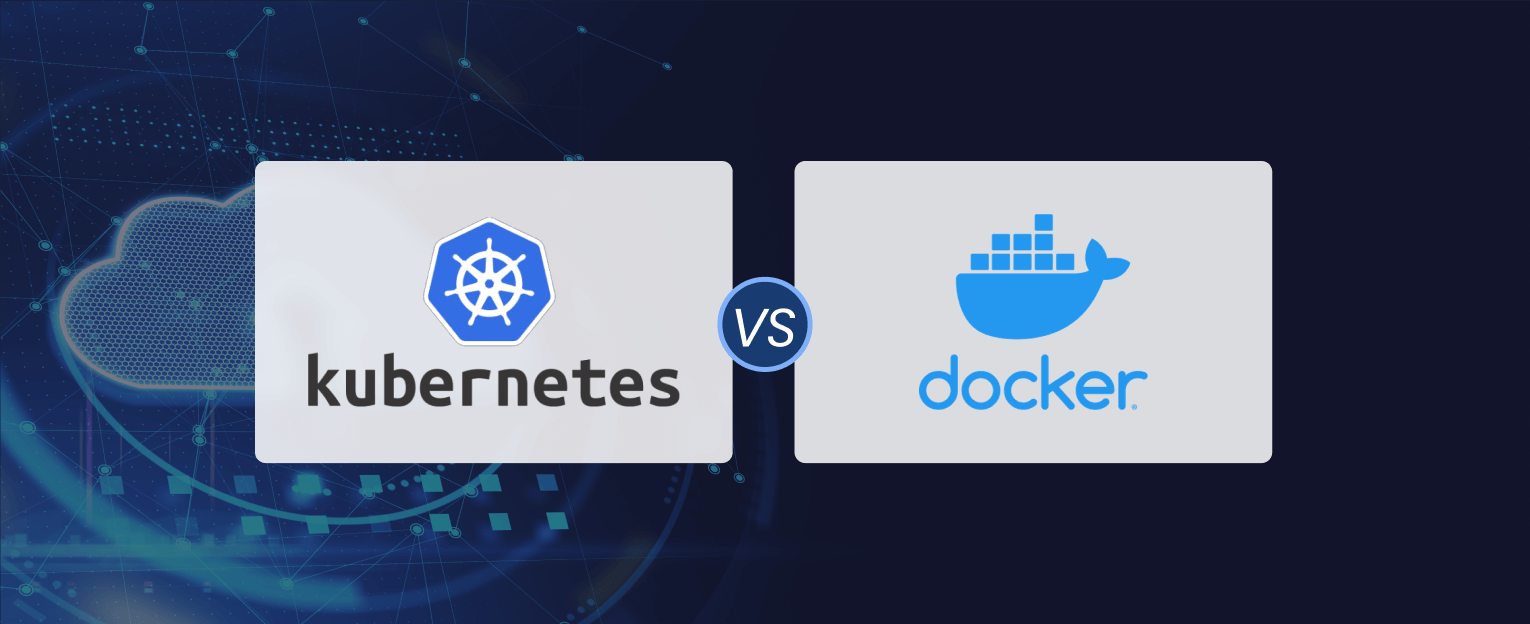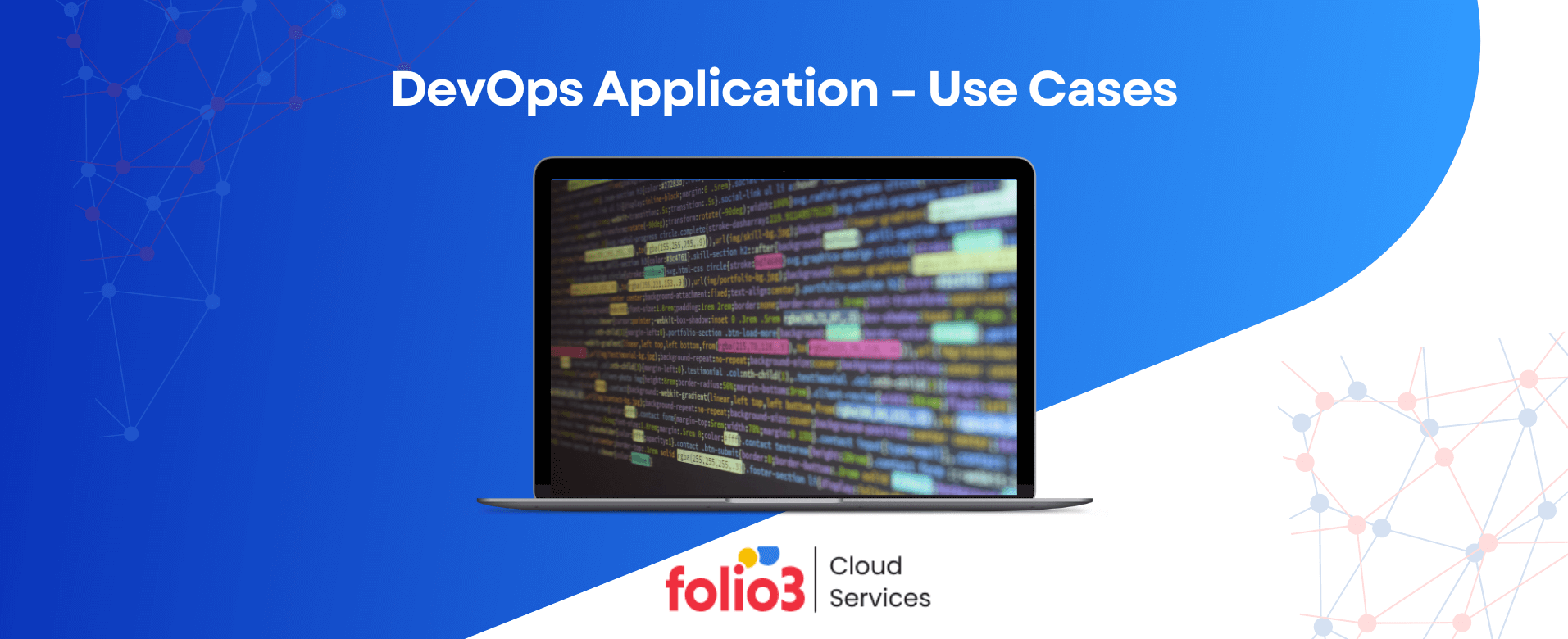Athena is an Amazon Web Services (AWS) serverless, interactive query service. It simplifies data analysis directly in S3 using standard SQL. It’s known for its efficiency, versatility, and cost-effectiveness. Users pay only for the queries they run, eliminating the need for complex data warehouses or clusters with AWS Athena.
The growing popularity of Athena is due to its user-friendly aspect and ability to easily handle large datasets. This fast-evolving technological era asks for a quick analysis of data. This is where Athena takes charge–its ability to function without a manageable infrastructure makes it popular among audiences.
AWS Athena: Explained
As mentioned, AWS Athena is a serverless interactive query service. It has changed how we analyze data directly in Amazon S3 using standard SQL. What gives Athena an edge is that there is no infrastructure to manage. Overall, this makes it a low-maintenance solution.
On top of that, Athena’s unique pay-per-query pricing structure lets users pay only for the queries they run. It has also enhanced its data discovery and metadata management capabilities. For that, all credit goes to its integration with the AWS Glue Data Catalog.
It also supports Apache Spark, which makes it versatile for big data processing. The recent advancements in this service include geospatial function support, ML inference functions, and federated query enhancements. It adds to the dynamic nature of this user-friendly service.
What Problems Does AWS Athena Solve?
Athena assists organizations in solving various challenges in analysis and data management. Some of them are listed below:
1) Complex and Costly Data Warehousing Solutions
One major issue that Athena solves conveniently is the complexity. It also manages the high-cost problems associated with traditional data warehousing solutions.
With the invention of Athena, there is no need for complex ETL jobs. As such, preparing data for analysis can be time-consuming and expensive. This makes it possible for anyone with SQL skills to rapidly analyze large datasets.
2) Challenges of Querying Data Directly in S3
Athena also addresses the challenge of querying data directly in S3. Without AWS Athena S3, you would need to load your data into a database. You would also have to create a complex ETL pipeline before running SQL queries.
However, with this service, you can directly query data in S3. This facilitation not only saves you time but also saves you resources involved in these steps.
3) Need for Fast, Ad Hoc Analysis of Large Datasets.
The service is designed for fast, ad hoc analysis of big datasets. In traditional systems, the users might need to wait for hours or even days for the results of a query.
However, the process is not the same with Athena. Its distributed query execution engine is way quicker. As it often returns results in seconds.
4) Managing Infrastructure for Data Querying
Lastly, managing infrastructure for data querying often becomes daunting. Especially if we shed light on large datasets, Athena solves all offloading concerns to AWS.
Thereby reducing the burden of infrastructure management. AWS Athena is proficient at managing all the computing resources needed to execute queries. That is how customers are made to pay only for the queries they run.

Harness the Power of Serverless Data Warehousing !
Say goodbye to infrastructure management. Embrace serverless data warehousing with AWS Athena and focus on insights, not operations.
What Does Amazon Athena Do?
Amazon Athena is a versatile component in the AWS ecosystem. From offering simplified querying to exceptional performance, It provides valuable help to integrate with other AWS services. Here are the functions associated with it:
1) Simplifies Querying Data in S3
It simplifies analyzing data directly in Amazon Simple Storage Service (S3). That too simply by using standard SQL. With its advanced capabilities and features, this powerful tool brings remarkable flexibility to querying data in place.
Hence, it eliminates the need for complex Extract, Transform, Load (ETL) jobs. By smoothly accessing and analyzing data stored in S3, businesses are empowered to gain valuable insights to make informed decisions.
2) Eliminates Infrastructure Management
The simplification of infrastructure management is highly essential these days. This is where Amazon Athena’s approach comes into play. Utilizing the technology means there’s no necessity for setting up or managing servers.
That is how you pay only for the queries you run. It dynamically adjusts resources, making infrastructure management virtually hands-free.
3) Provides Fast, Scalable Query Performance
There is another feature that sets it apart from other services. That is a feature of speed and scalability. Athena is capable of handling large datasets and returns query results quickly.
A distributed query engine achieves this performance. A parallel execution is also required to split and independently execute each query.
4) Supports Various Data Formats
Athena provides excellent support for a wide range of data formats. It ensures compatibility with popular formats. This comprehensive support enables you in several ways.
Like to effortlessly query and analyze data in the format that best aligns with your needs. It authorizes you to navigate diverse data formats seamlessly.
5) Integrates With AWS Services for Data Analysis and Visualization
Athena integrates with a wide array of AWS services without any significant effort. Eventually, it provides users with a comprehensive data analysis and visualization suite. The power of Amazon QuickSight can also create stunning visualizations with it.
Additionally, with the help of AWS Glue, Athena enables automated data cataloging and streamlines ETL. These tasks are for efficient data processing.
This powerful synergy empowers you to build robust, scalable, and lightning-fast data processing pipelines. They are, overall, ensuring optimal performance and productivity.
Benefits of Using AWS Athena
Athena AWS is a powerful, scalable, yet cost-effective solution for data analysis. Its benefits weigh in favor of its flexibility in any business setting.
1) Serverless Architecture
AWS Athena is a tremendous tool for businesses. Its serverless architecture is no less than a game-changer. Since there’s no server management, it means less hassle and more time-saving. All that is for your team to focus on your business needs. This serverless design also equates to cost savings—you only pay for the queries you run.
2) Pay-Per-Query Pricing
Another thing that makes Athena stand out is its pay-per-query pricing. Not every organization has a free budget. Some businesses have budgets that can be tight. But thanks to Athena’s pricing model, that changes as it helps keep costs manageable.
Instead of paying hefty upfront costs, the users are only billed for the queries they execute. This approach of AWS Athena pricing makes it much more cost-effective, especially for businesses that need to manage their cash flow.
3) Scalability
Data processing needs to change and become more complex with time, specifically with the expansion of the business and its operations. This service has an exceptional ability to scale on demand. So that you can seamlessly adapt and accommodate the increasing demands of your evolving business requirements, it remains a robust and reliable solution with this flexibility.
4) Fast Performance
Athena shines in terms of performance as well. It’s capable of handling vast amounts of data at an incredible speed. This means that you’ll be able to get insights.
All of that is highly useful in making decisions faster than ever before. But the list of benefits does not end here. Its performance is not just about speed; it offers more, such as handling complex queries and giving you deeper insights into your data.
5) Ease of Use
When selecting a data analysis tool, ease of use should be one of the priorities. After all, it is surely a crucial consideration. The service stands out with its user-friendly SQL interface in this scenario.
Using Athena will feel like second nature if you are familiar with SQL. The reason is self-evident–its learning curve is minimal, which allows for a seamless transition.
6) Integration With the AWS Ecosystem
Integration with the AWS ecosystem is a valuable advantage Athena brings. By integrating with other AWS services, such as S3 and Glue, Athena becomes an indispensable tool within your existing infrastructure.
This integration enables you to effortlessly access, analyze, and take insights from your data. Overall, it makes your data operations smoother and more efficient. This ultimately strengthens your business decisions. In addition, you can unlock the true potential of your data within the AWS environment, too.

Simplify Data Analysis – Sign Up for AWS Athena Today!
Make data exploration effortless. Join AWS Athena and simplify your data analysis workflows with its intuitive querying and visualization features.
Cost of Amazon Athena
Amazon Athena adopts a pay-per-query pricing model, which can lead to substantial costs. You are billed based on the amount of data scanned by each query. The size of your dataset also affects the cost. The same goes for the complexity and number of your queries and the data format. Larger or more complex queries naturally result in elevated costs.
If you want to optimize Amazon Athena costs, consider converting data into columnar formats. Such as Apache Parquet or ORC. They reduce the amount of scanned data.
Partitioning and monitoring query performance should be implemented to identify and eliminate inefficient queries. This understanding of cost structures helps in utilizing optimization strategies. This way, you can maximize the benefits of this service while keeping expenses in check.
AWS Athena Limitations
Despite all the outclass benefits the system offers. There are some AWS Athena limits you should consider. The first limitation is cost. AWS Athena charges on a per-query basis, which can add up quickly for large datasets. This can be troublesome for businesses with tight budgets. They may have limited queries they can afford to run.
Overall, this impacts their ability to analyze data thoroughly. Efficient data management becomes serious in this situation to prevent any financial surprises.
The second limitation revolves around shared resources. As per Amazon’s Service Level Agreement (SLA), all users of AWS Athena worldwide utilize shared resources when executing their queries. This shared resource model may occasionally result in resource strain, leading to varying query performance.
Another limitation is the lack of support for transactional data. Athena currently does not support certain operations. Nor does it support any type of transactional consistency or integrity. It makes it inappropriate for applications that require frequent data updates or transactions—essentially limiting its use to read-only, analytical applications.
AWS Athena Use Cases
AWS Athena renders powerful solutions for the following use cases:
1) Running ETL and Ad Hoc Query Use Case
Athena’s ETL and ad hoc querying capabilities take the lead when handling large data volumes. Users can run SQL queries directly on stored data. That is how they eliminate the need for complex ETL jobs. This feature facilitates real-time insights and swift decision-making processes as well.
2) SaaS Use Case
Secondly, Athena proves instrumental in the SaaS industry as it provides scalable and cost-effective data querying solutions. SaaS companies can also leverage Athena to analyze application logs or user behaviors. This results in improved user experience and service quality.
3) Ad Hoc Use Case
Finally, the ad hoc use case of Athena is invaluable for businesses. With the ability to query data directly in S3, companies can gain quick insights. That, too, without the need for predefined schemas or infrastructure setup. This flexibility allows spontaneous data exploration to help businesses maintain a competitive edge.
Conclusion
To sum up, AWS Athena has transformed how we handle and analyze data stored in S3. We hope that by reading this comprehensive guide on what is Athena AWS, you must have understood that Athena’s strength resides in its simplicity, high performance, and flexibility.
It brings the power of SQL to query large datasets at lightning-fast speeds directly from your data lake on S3 without the need for any complex ETL jobs or infrastructure setup. All these fantastic outcomes make it an ideal solution for businesses looking for swift insights into their data.
So, whether you’re dealing with large data loads or seeking a data-scalable solution, AWS Athena is the right choice for you! Let us know if you need help getting started with Athena. Our AWS cloud experts will help you benefit from the true potential of cloud computing!
- Frequently Asked Questions
Q1. What is the difference between AWS S3 and Athena?
AWS S3 is a scalable storage service for raw data files. On the other hand, Athena is a serverless query service that allows you to analyze data in S3 using standard SQL without the need to manage infrastructure or data warehouses.
Q2. Is Athena Better Than Redshift?
While both AWS Athena and Redshift have their strengths, Athena stands out for its serverless architecture, eliminating the need for setup and management.
Q3. Can AWS Athena Write to S3?
No, AWS Athena is a query service that does not have writing capabilities. However, you can use other AWS services like EMR or Glue to write data from Athena into S3.














